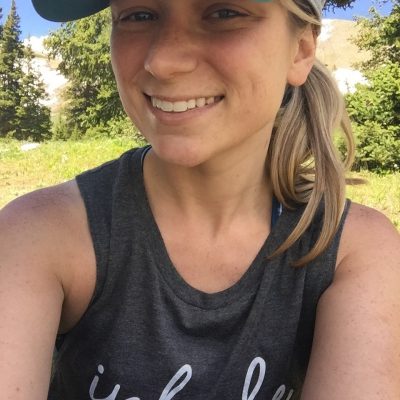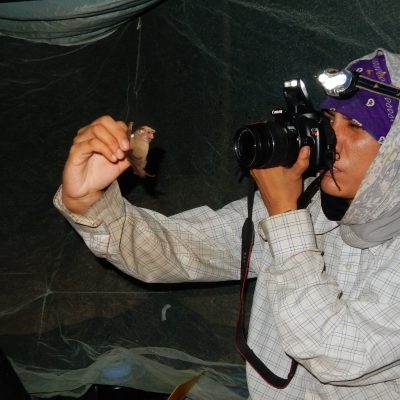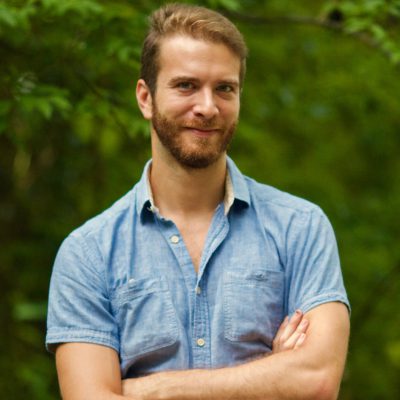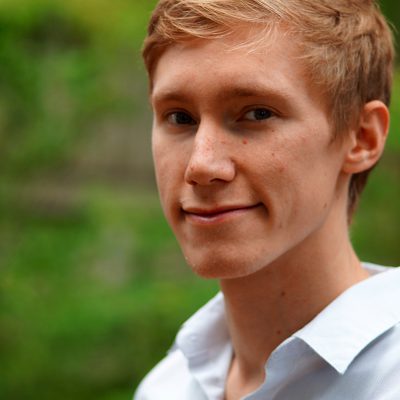2017-2018
2017-2018 Fellows
Laura Brenskelle, Ph.D. Student and Research Assistant
“As a 2017-2018 UF Biodiversity Institute Fellow, I will be integrating zooarchaeological data and paleoclimate reconstructions from the Maya Lowland areas of Belize, Guatemala, Honduras, and Mexico. Using data and spatiotemporal modeling tools, I will investigate how the local and regional biota were affected by direct human exploitation, habitat modification, short-term climate changes such as droughts, and shifts of cultural complexity through time. My research aims to improve our understanding of the complex interplay between humans, climate, and biodiversity.”
Farah Carrasco Rueda, Ph.D. Candidate in Interdisciplinary Ecology
“During the upcoming year, I will focus on analyzing the data that I have collected over two field seasons in Madre de Dios, Peru. I will be investigating large-scale factors that might be involved in the mechanism behind the observed patterns of bat diversity. Also, I will work in developing new automated ways to analyze acoustic data, and preparing educational material with the results of my study which will be provided to rural communities where I worked.”
Sergio Marconi Ph.D. Student in Interdisciplinary Ecology
“My research focuses on forecasting how forests may change in their structure and functionality in a rapidly changing world. In the 2017/18 academic year, I will work on predicting how plant traits vary within and across landscapes, in different forests across the U.S. To do so, I will use a combination of field, LiDAR, and hyperspectral data collected by the National Ecological Observatory Network.
Once I have estimated trait information for each individual tree in the designated area, I will use that information to understand how functional diversity changes in relation to the environment, and which coexistence processes and assembly rules are driving functional evenness, richness, and divergence.
Among the “side” projects, I will help to organize a data science competition with big data in ecology, and finally, give my qualifying exams!”
Jonathan Spoelhof, Ph.D. Student and Research Assistant
“I am a Biology PhD student in the Soltis Lab at the Florida Museum of Natural History. My research will utilize big data to explore the relationship between polyploidy and niche adaptation in plants on a global scale. This project will test common assumptions about polyploidy in plants while generating new hypotheses and resources for future research.”





